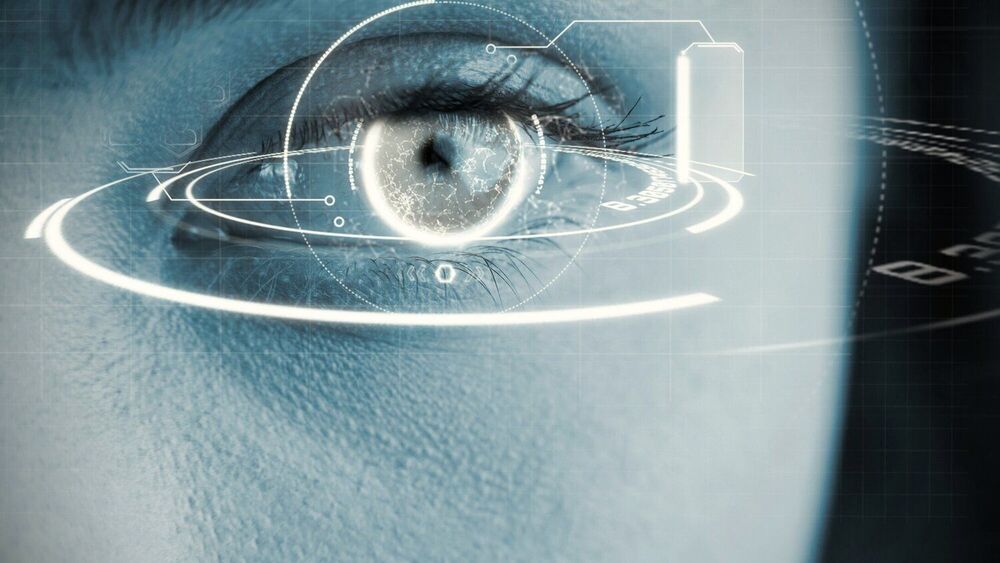Commentary: We like to imagine an AI-driven future, but it’s machine learning that will actually help us to progress, argues expert Michael I. Jordan.
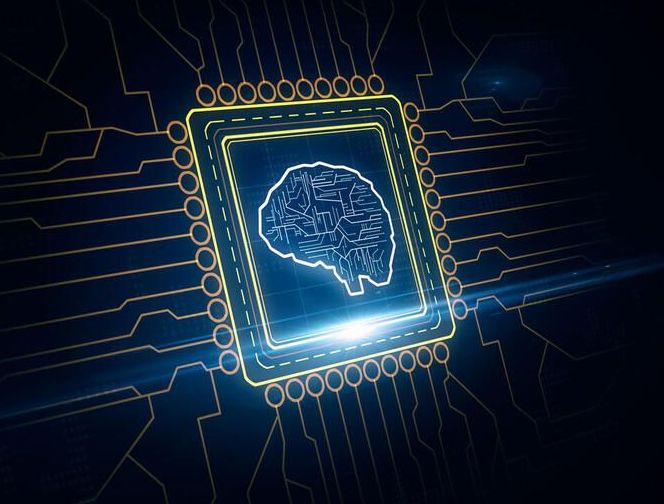

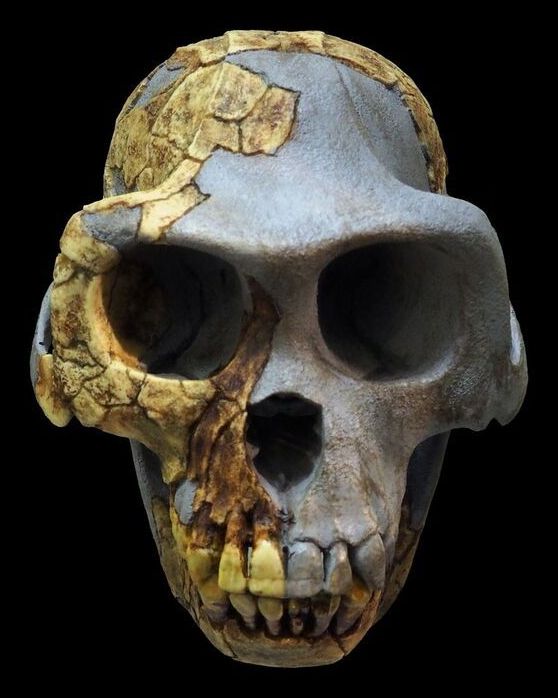
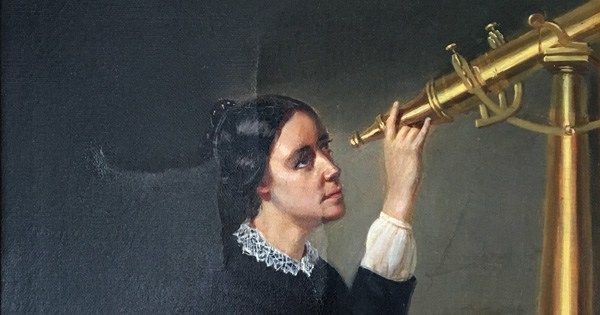

Given the rate of overweight and obese people in the Western world, there are inevitably lots of fat people interested in life extension. Assuming that weight-loss trends continue with a high failure rate, the majority of fat spanners will not be able to lose and maintain their weight loss through diet and exercise.
This article explores effective life-extension interventions that do not include weight loss for people with an excess of adipose tissue.
Is it possible to be fat and healthy? Is obesity a death sentence? Learn about what the science says about life extension when fat.
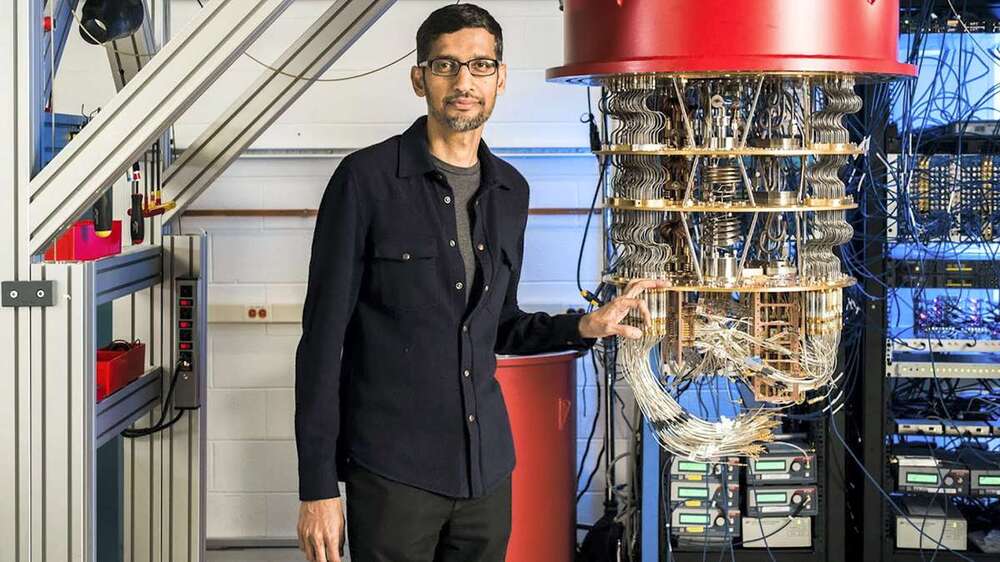
Once particularly useful future application, according to Harvard Business Review, will be the potential development of new drugs, a task it is “uniquely suited for” because it would operate on the same laws of quantum physics as the molecules it is simulating.
And so, Abu Dhabi has joined the community of nations endeavouring to accomplish this next step in human history.
The Advanced Technology Research Council is building the computer at its Quantum Research Centre labs in Abu Dhabi, in collaboration with Barcelona-based Qilimanjaro Quantum Tech.
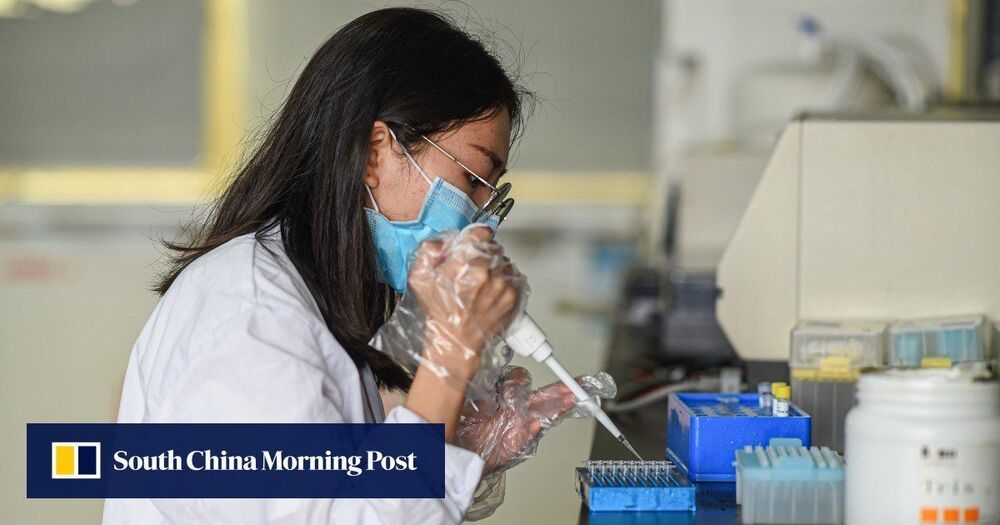
Science and technology parks affiliated with universities are also a renewed focus for helping to commercialise this intellectual property, according to the plan, while elite universities will be paired up with champion businesses to seek R&D breakthroughs in key technologies.
Ministry of Education says it aims this year to forge the country’s colleges into a national strategic innovation force.
Research papers come out far too rapidly for anyone to read them all, especially in the field of machine learning, which now affects (and produces papers in) practically every industry and company. This column aims to collect some of the most relevant recent discoveries and papers — particularly in but not limited to artificial intelligence — and explain why they matter.
This week brings a few unusual applications of or developments in machine learning, as well as a particularly unusual rejection of the method for pandemic-related analysis.
One hardly expects to find machine learning in the domain of government regulation, if only because one assumes federal regulators are hopelessly behind the times when it comes to this sort of thing. So it may surprise you that the U.S. Environmental Protection Agency has partnered with researchers at Stanford to algorithmically root out violators of environmental rules.
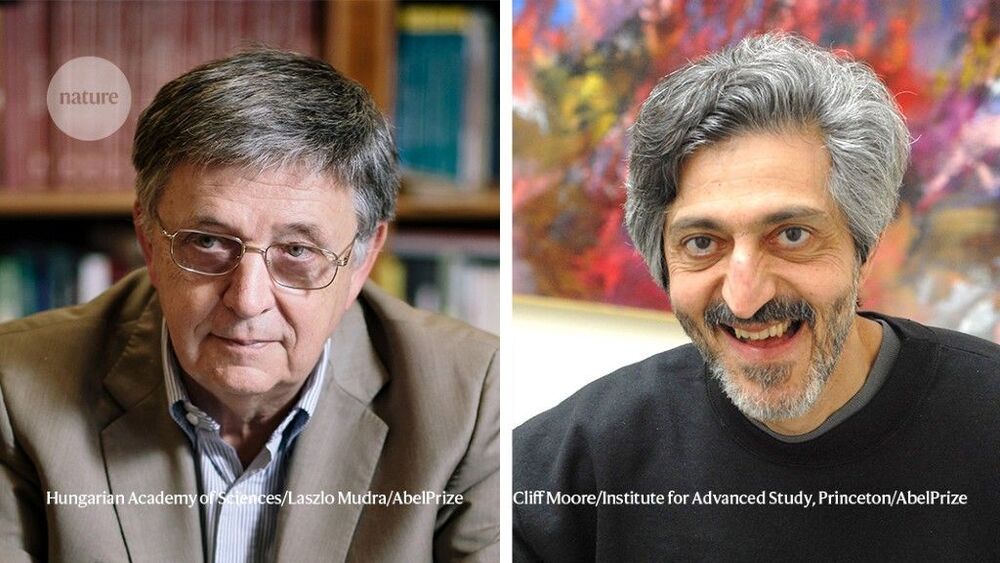
Hungarian mathematician László Lovász and Israeli computer scientist Avi Wigderson will share the prize, worth 7.5 million Norwegian kroner (US$886000), “for their foundational contributions to theoretical computer science and discrete mathematics, and their leading role in shaping them into central fields of modern mathematics”, the Norwegian Academy of Science and Letters announced on 17 March.
The work of winners László Lovász and Avi Wigderson underpins applications from Internet security to the study of networks.
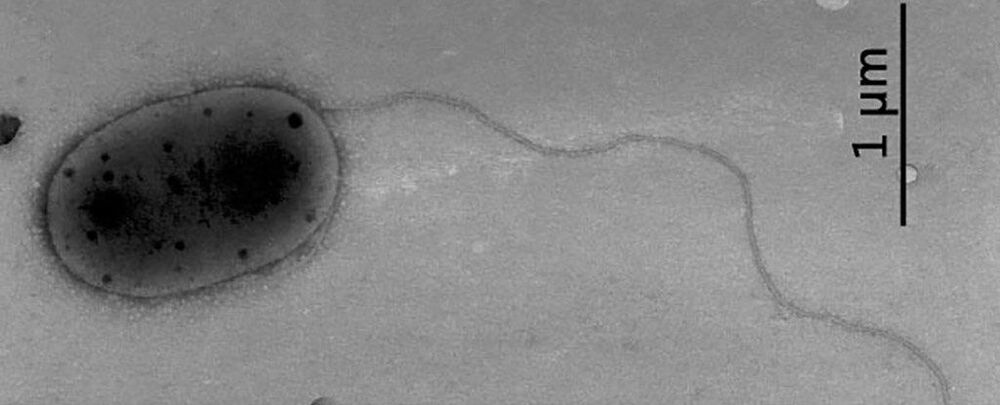
The menagerie of bacterial and fungal species living among us is ever growing — and this is no exception in low-gravity environments, such as the International Space Station (ISS).
Researchers from the United States and India working with NASA have now discovered four strains of bacteria living in different places in the ISS – three of which were, until now, completely unknown to science.
Three of the four strains were isolated back in 2015 and 2016 – one was found on an overhead panel of the ISS research stations, the second was found in the Cupola, the third was found on the surface of the dining table; the fourth was found in an old HEPA filter returned to Earth in 2011.
